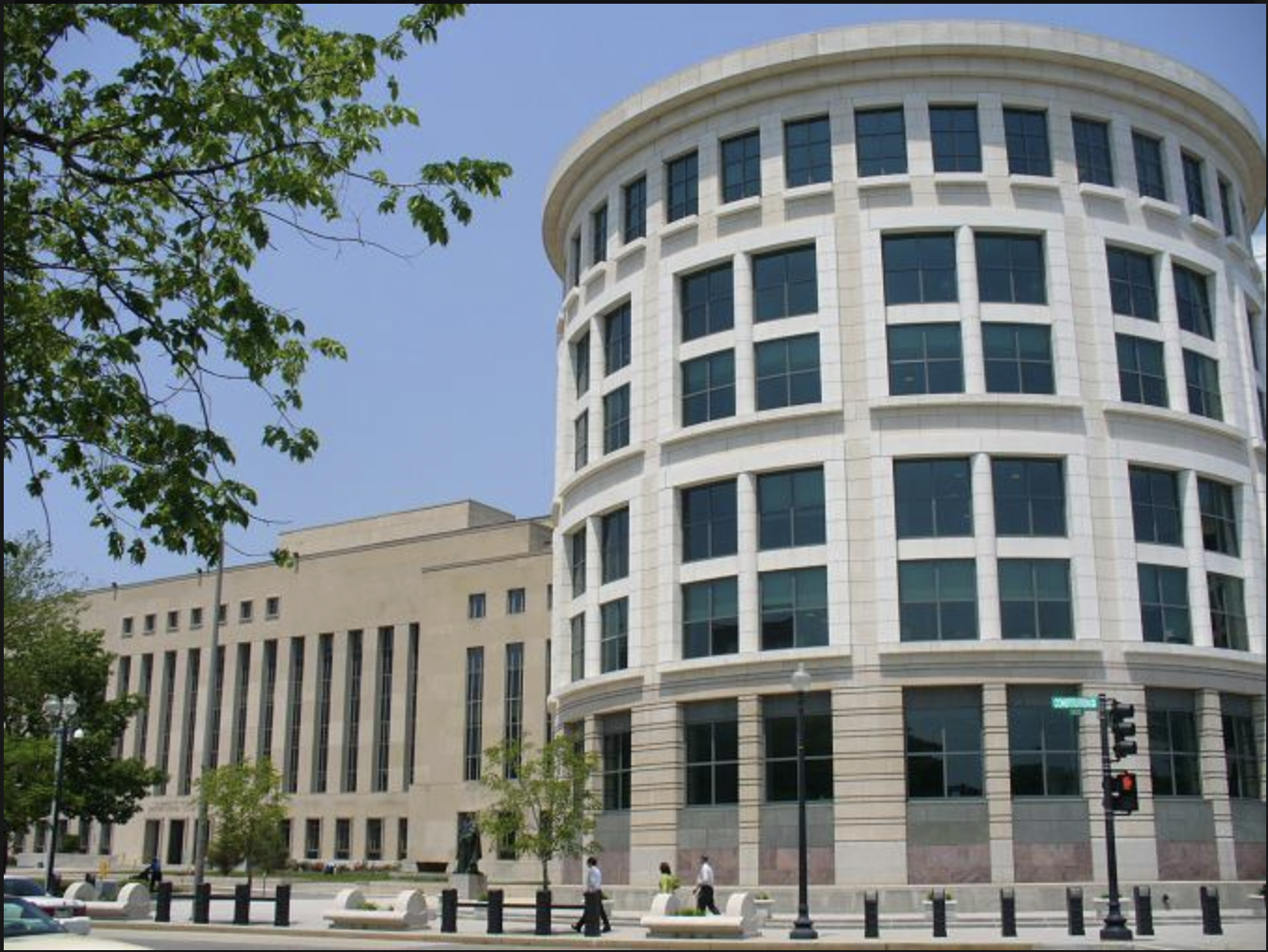
- Details
- By Tripp J Crouse - KNBA
This story was originally published by KNBA on December 13, 2021. Read the original story at KNBA. Republished by Native News Online with permission.
The Coronavirus Aid, Relief, and Economic Security or CARES Act was meant to deliver direct economic assistance and relief to communities.
Enacted in 2020, The CARES Act included about $8 billion for federally recognized Tribes. But the inclusion of Alaska Native regional and village corporations sparked a lawsuit that delayed the funding delivery.
Ultimately the courts ruled that the corporations were eligible but most didn't receive funding until August or later – and they’re concerned they won't be able to spend by the end-of-the-year deadline.
Hallie Bissett is the executive director for the Alaskan Native Village Corporation Association.
“But the court case itself challenged our very existence and actually challenged the ISDEA (Indian Self-Determination and Education Assistance Act) and whether or not we would be considered as Tribal entities or Indian Tribes.”
For disclosure, Bissett also serves on the board of Alaska Native corporation Cook Inlet Regional Incorporated, an underwriter of KNBA programming.
U.S. Senator Dan Sullivan introduced a measure in the Senate that would extend the deadline for CARES Act spending. U.S. Senator Lisa Murkowski and three Democrats co-sponsored the extension. That legislation passed the Senate in October, but the House hasn't taken it up.
“At this point, we're not really expecting unless we get some kind of Christmas miracle or Pelosi, or the House leadership decides to put the Senate bill that I mentioned to a vote,” Bissett said. “It's looking like we're really going to have a matter of weeks to get this money expended.”
Alaska Congressman Don Young helped introduce a companion bill in the House that would extend the deadline for a year. The House passed its bill on December 9.
More Stories Like This
Native News Weekly (August 25, 2024): D.C. BriefsNavajo Nation Mourns the Passing of Former Vice President Rex Lee Jim
Deb Haaland Earns Endorsement From Communications Workers of America Local 7076
University Soccer Standout Leads by Example
Two Native Americans Named to Democratic Congressional Campaign Committee's“Red to Blue” Program
Help us defend tribal sovereignty.
At Native News Online, our mission is rooted in telling the stories that strengthen sovereignty and uplift Indigenous voices — not just at year’s end, but every single day.
Because of your generosity last year, we were able to keep our reporters on the ground in tribal communities, at national gatherings and in the halls of Congress — covering the issues that matter most to Indian Country: sovereignty, culture, education, health and economic opportunity.
That support sustained us through a tough year in 2025. Now, as we look to the year ahead, we need your help right now to ensure warrior journalism remains strong — reporting that defends tribal sovereignty, amplifies Native truth, and holds power accountable.
 The stakes couldn't be higher. Your support keeps Native voices heard, Native stories told and Native sovereignty defended.
The stakes couldn't be higher. Your support keeps Native voices heard, Native stories told and Native sovereignty defended.
Stand with Warrior Journalism today.
Levi Rickert (Potawatomi), Editor & Publisher
